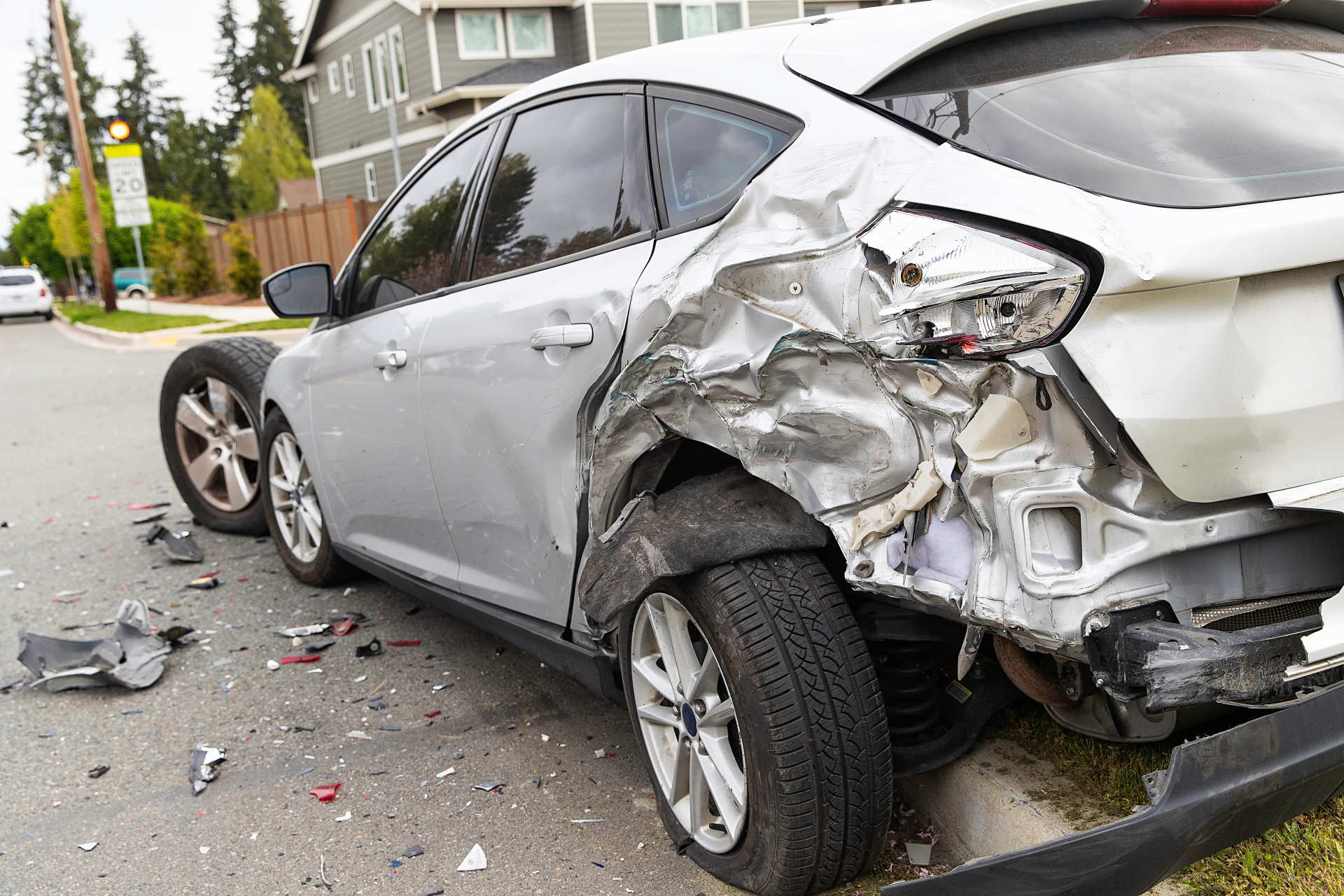Why Choose Us
KRW Lawyers has 14 offices across various cities dedicated to helping everyday people in their greatest moments of need.
We specialize in representing victims of Asbestos Exposure, Personal Injuries, and all types of vehicle accidents. We stand up to the insurance companies that try and deny paying adequate compensation for your injuries.

















